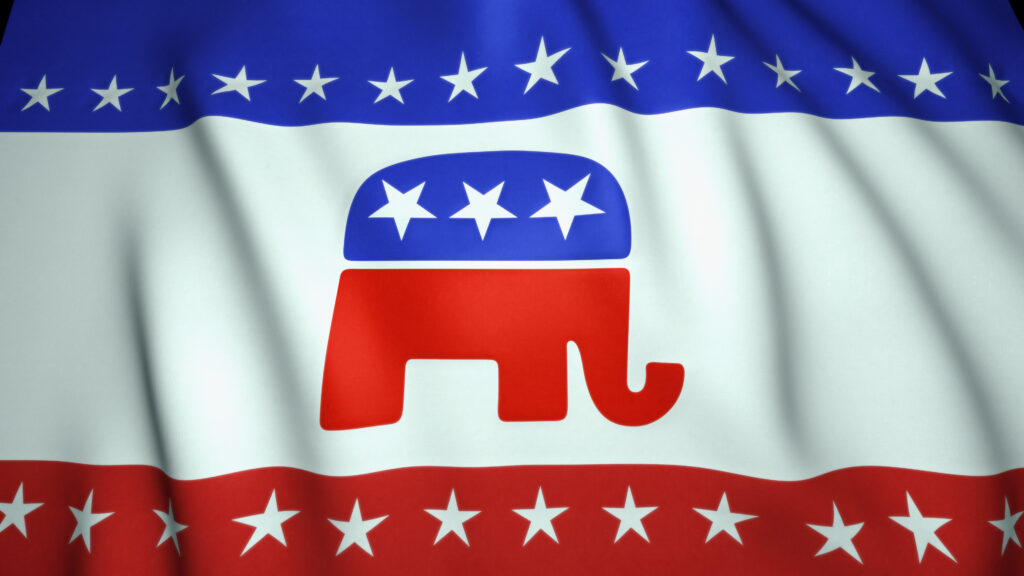
The Republican Party, also known as the GOP (Grand Old Party), is one of the two major political parties in the United States. It was founded in 1854 by a group of anti-slavery activists and politicians who opposed the Kansas-Nebraska Act, which had the potential to extend slavery into the western territories. The party’s founders included former members of the Whig Party, the Free Soil Party, and the Democratic Party.
The Republican Party has a long and storied history in the United States. It has played a significant role in shaping the country’s political landscape and has had many notable leaders and accomplishments. Some of the key events and figures in the party’s history include:
- The election of Abraham Lincoln as the first Republican president in 1860. Lincoln is perhaps best known for leading the country through the Civil War and for issuing the Emancipation Proclamation, which declared that all slaves in the Confederate states were to be freed.
- The passage of the 13th, 14th, and 15th amendments to the Constitution, which abolished slavery, granted citizenship to African Americans, and granted voting rights to African American men, respectively. These amendments were largely supported by the Republican Party and represented significant steps towards improving the rights and opportunities of marginalized groups in the United States.
- The presidency of Theodore Roosevelt, who served as president from 1901 to 1909. Roosevelt is known for his progressive reform agenda, which included trust-busting, regulation of big business, and conservation of natural resources.
- The presidency of Ronald Reagan, who served as president from 1981 to 1989. Reagan is often associated with the conservative wing of the Republican Party and is known for his efforts to reduce government regulation and taxes, as well as his hardline stance on foreign policy.
The Republican Party remains an influential force in American politics and continues to shape the country’s political landscape. Its policies and positions on issues such as taxes, healthcare, immigration, and national security continue to be important factors in national elections and debates.
